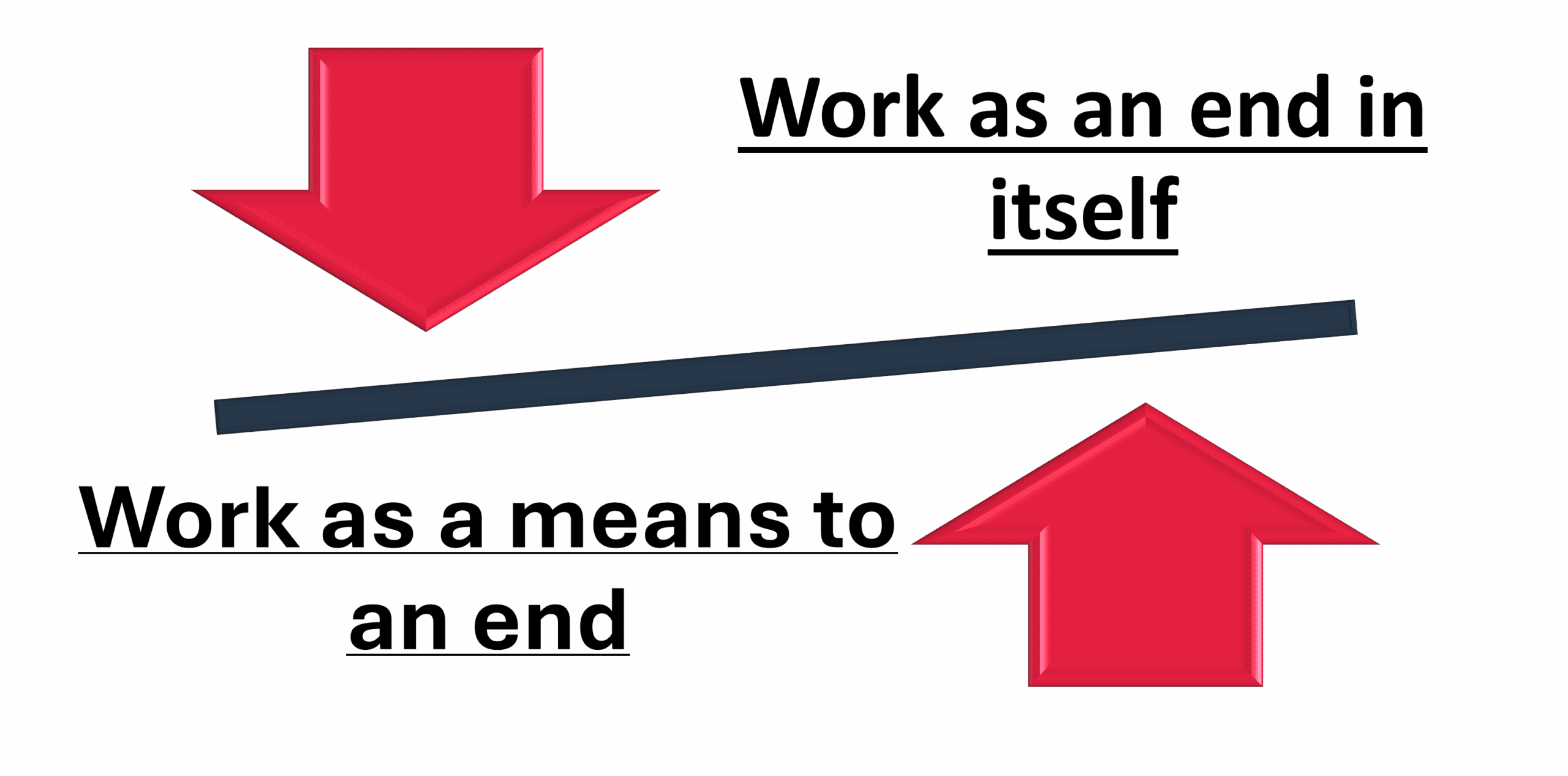From balance to harmony: A shift in how we define Well-being

The term work-life balance has become a widely used phrase when discussing personal well-being and professional fulfillment. However, it often implies a rigid 50/50 division between work and life – a notion that rarely aligns with the complexity of our everyday realities. This idealized concept sets unrealistic expectations and may even lead to frustration, as it assumes that balance is a fixed state we should all be able to achieve.
In truth, what feels “balanced” is fluid and deeply personal. It changes as we move through different life stages – from a young professional eager to grow a career, to a parent prioritizing time with children, or someone navigating career transitions. There is no one-size-fits-all formula, and chasing an abstract idea of balance may be less useful than making conscious choices about where and how we invest our energy.
The very idea of work-life balance positions work and life as opposing forces – work being something that takes away, and life something that gives back. This perspective:
- Separates two interconnected parts of our identity;
- Implies work is inherently negative and life inherently positive;
- Frames our time as a zero-sum game;
- Suggests there’s a perfect answer waiting to be discovered.
A Shift in Perspective: Work-Life Harmony
Work-life harmony offers a more integrated and human-centered approach. It encourages us to see our lives as a whole, made up of interrelated pieces – work, family, relationships, hobbies, health, personal growth – all forming part of a larger puzzle. Harmony is not about equal hours, but about alignment between our values and priorities at any given time.
This approach emphasizes:
- Making intentional choices about what matters most;
- Acknowledging that “balance” will look different for each person – and will evolve;
- Understanding that both work and personal life can bring meaning and energy, rather than compete for it.
Rethinking What Work Means to You / From Paycheck to Purpose: Understanding Your Work Mindset
People relate to their work in different ways, and neither end of the spectrum is more correct than the other:
- Work as a means to an end
For some, work is primarily a source of income. They find fulfillment outside of it – in family, hobbies, or community. These individuals may not seek promotions or professional recognition, and that is a perfectly legitimate and often courageous choice, especially in a culture that idolizes achievement. - Work as an end in itself
For others, work is a source of purpose, identity, and satisfaction. They pursue learning, growth, and impact through their professional roles. Their life outside of work fuels their productivity and well-being, supporting their drive and passion.
In both cases, what matters most is alignment – choosing how we engage with our work and life based on what brings us joy, meaning, and sustainability.

